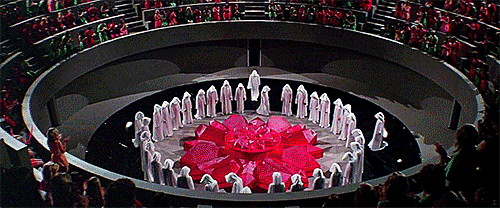Not a great comparison really. Baseball is a far more static game compared to hockey which is a incredibly dynamic sport.
Advanced stats very clearly have their place in the sport and certainly paint a good picture but it certainly isn't the end all be all.
This is the argument everyone makes when saying Advanced stats doesn't have the same place in Hockey as it does Baseball... It just isn't true though.
I really dont care to go dig up any of the studies that show this... But essentially hockey can be broken down very similar to baseball with the same static events occurring repeatedly inside of a game, and advanced stats are getting increasingly accurate at evaluating how players react to those same scenarios.
Hockey is far more similar to baseball then people realize... Again its largely in part because the advanced stat movement in hockey is about 10-15 years behind baseball. Some of the comments on "eye test" will be hilarious to look back on when we're into the 2030's.




